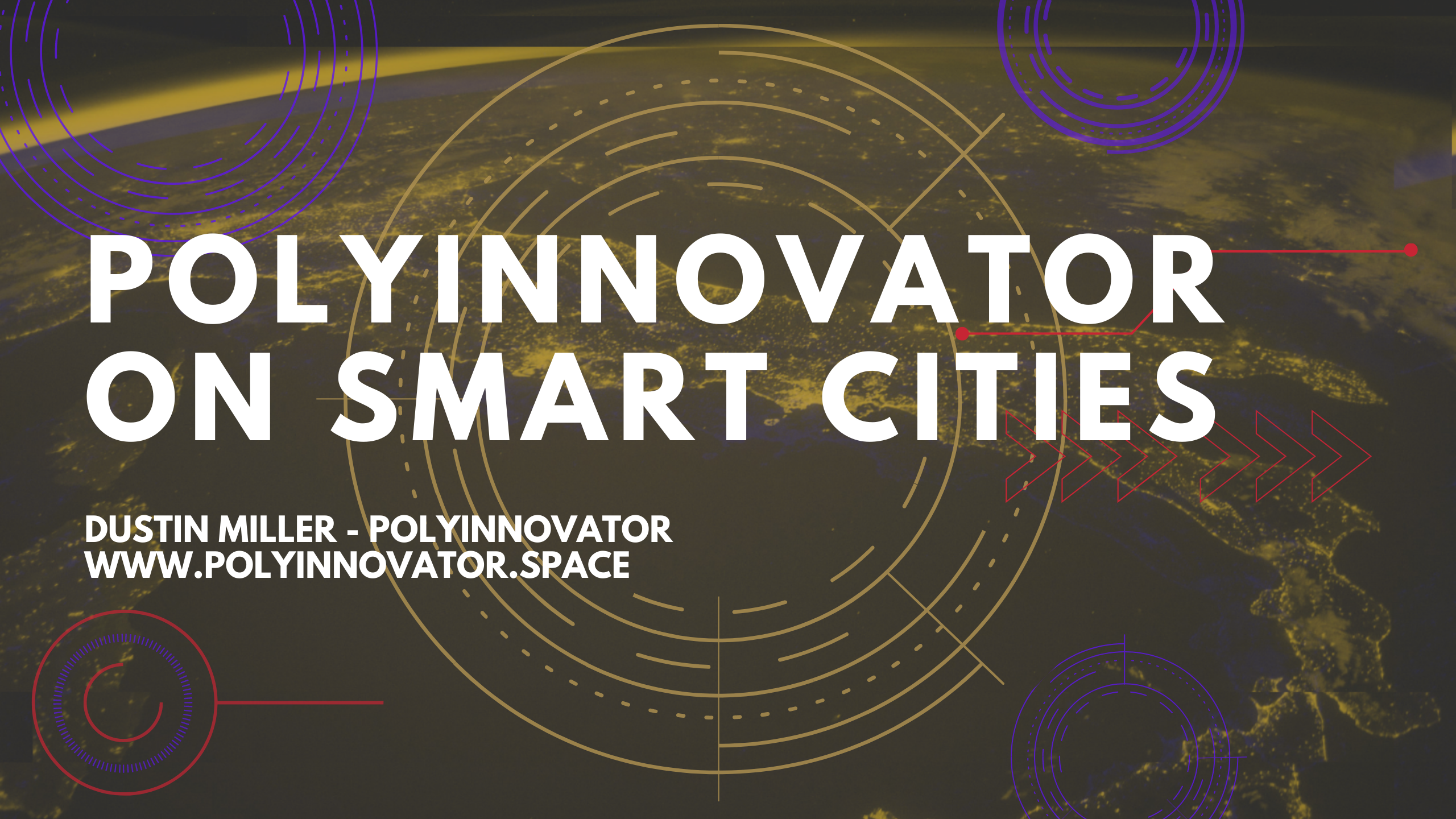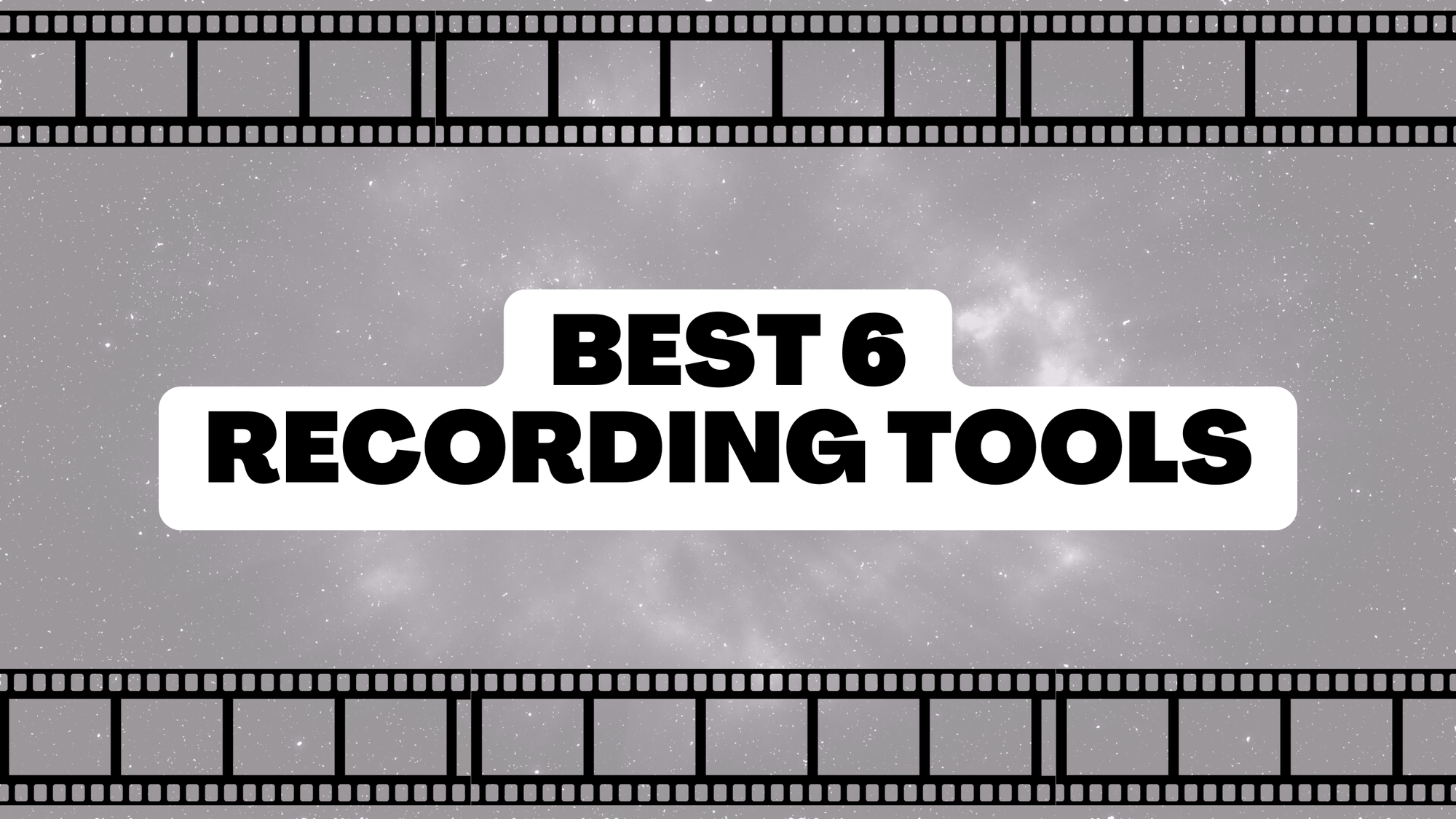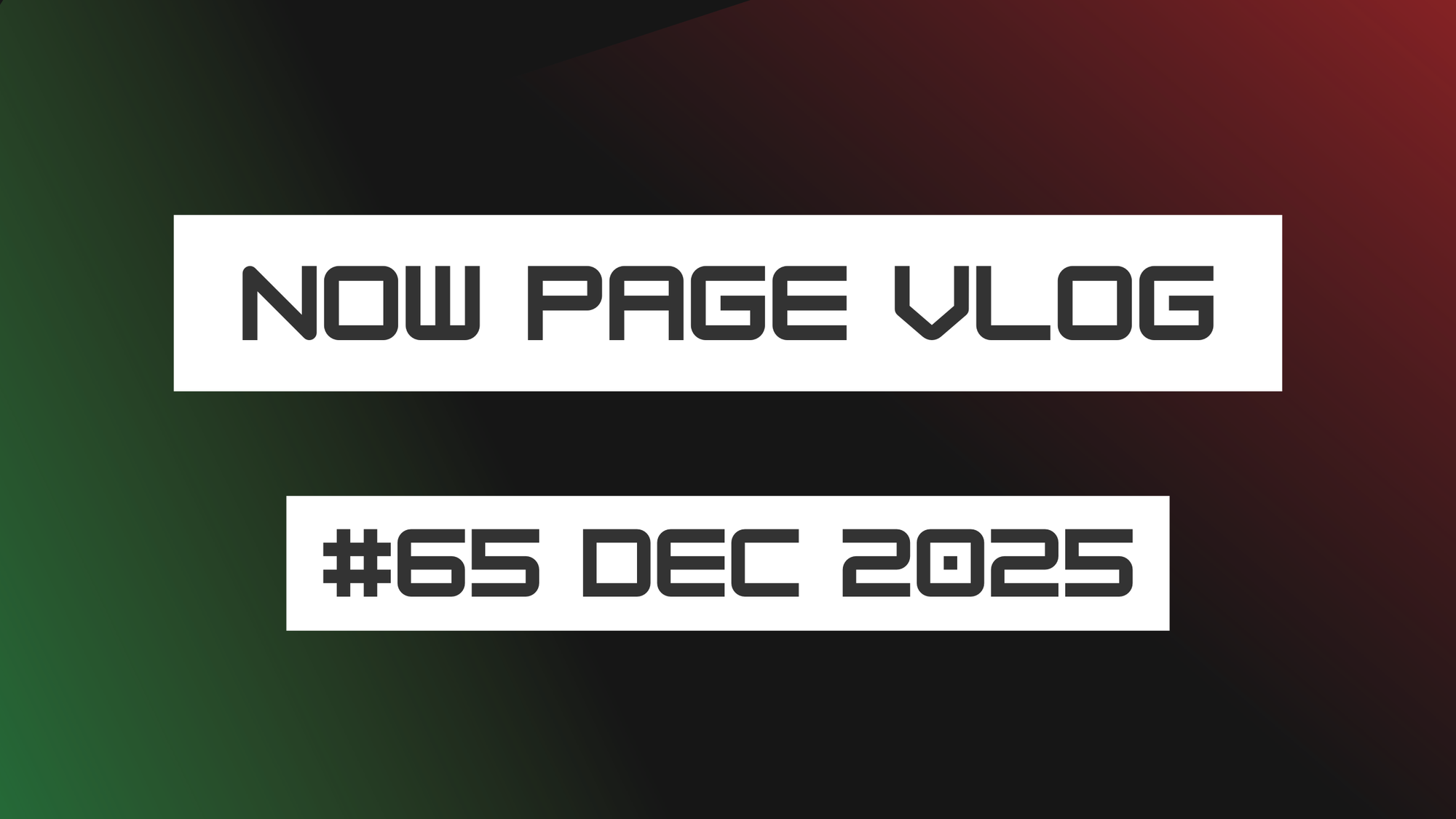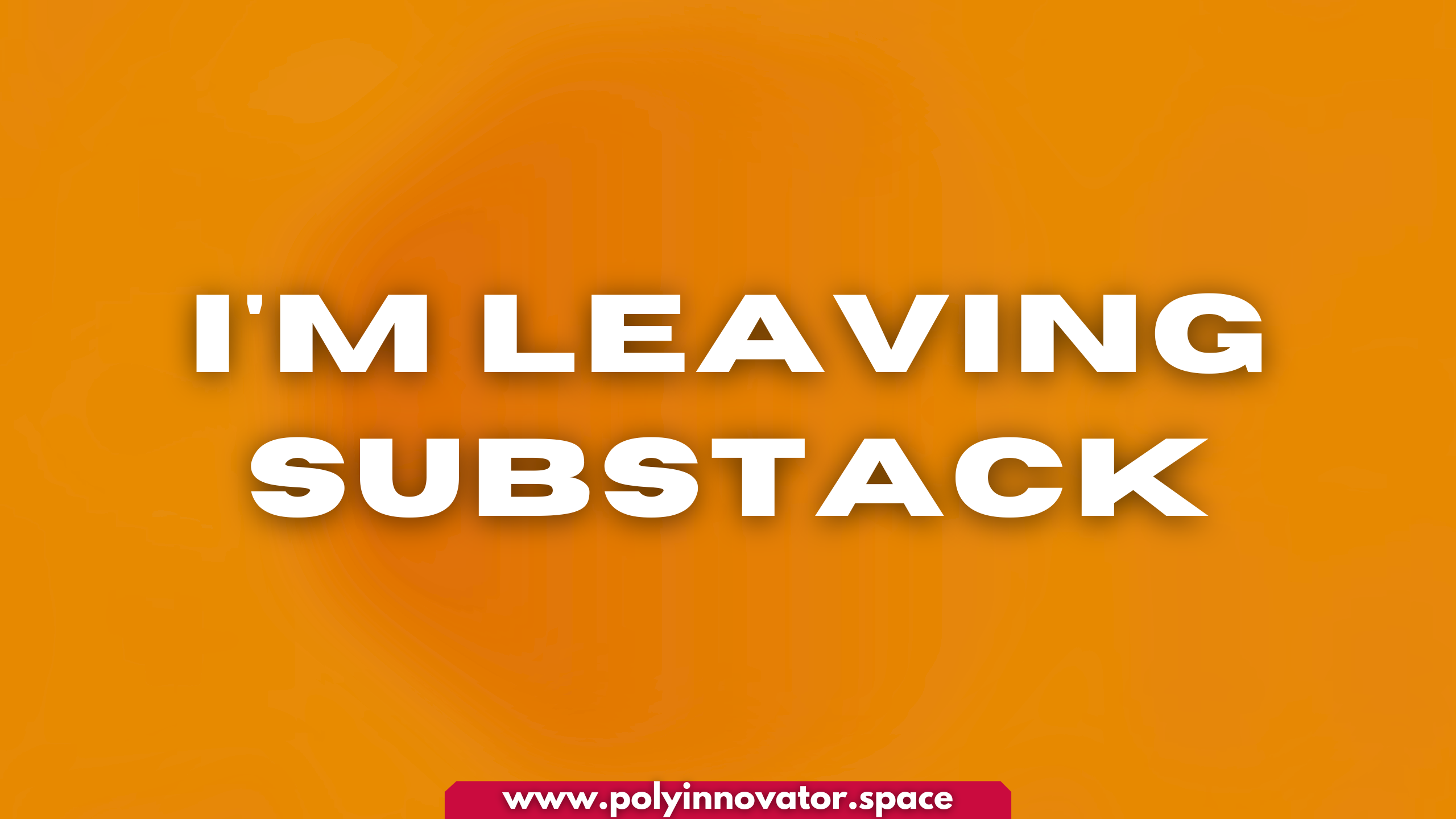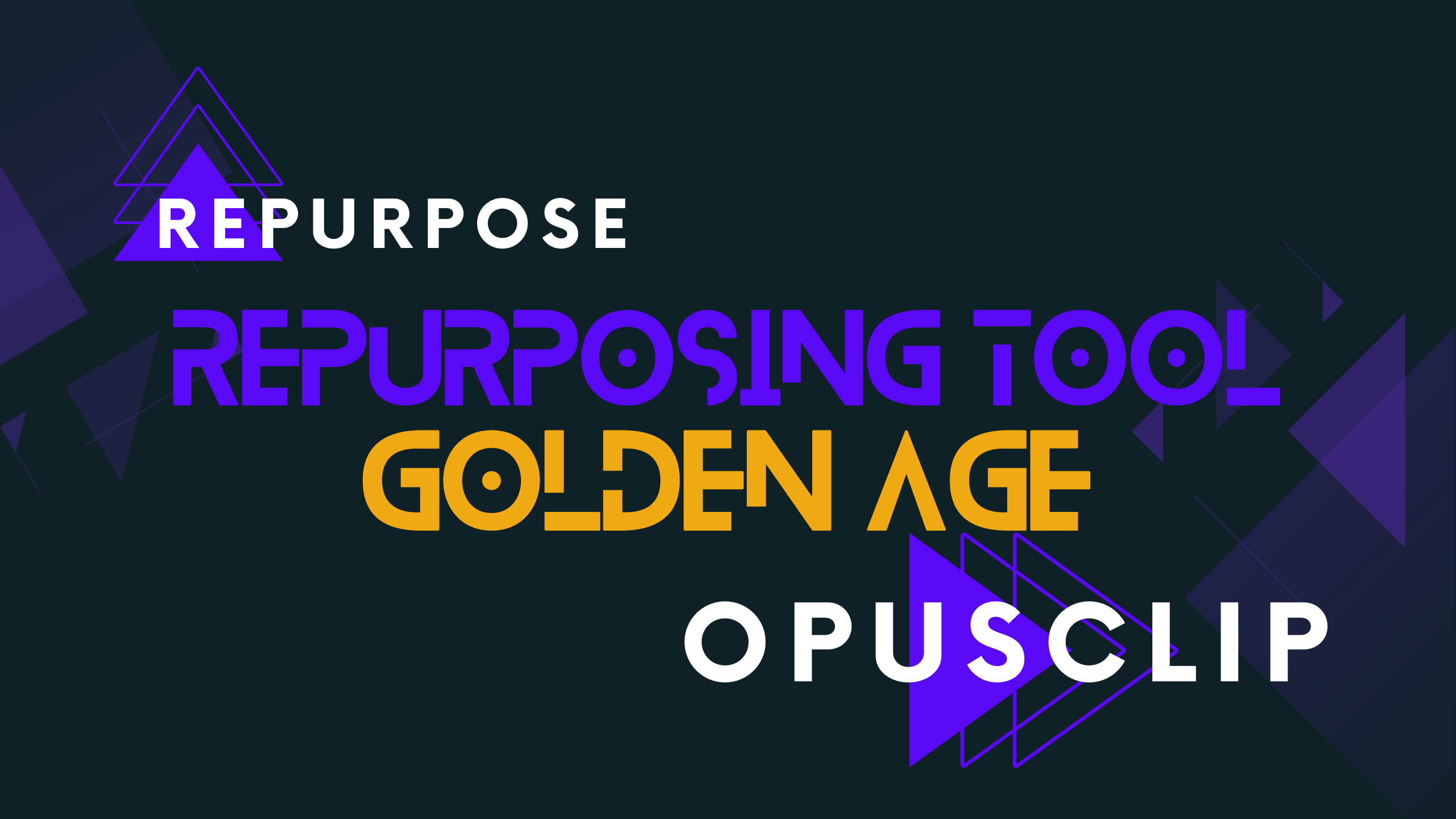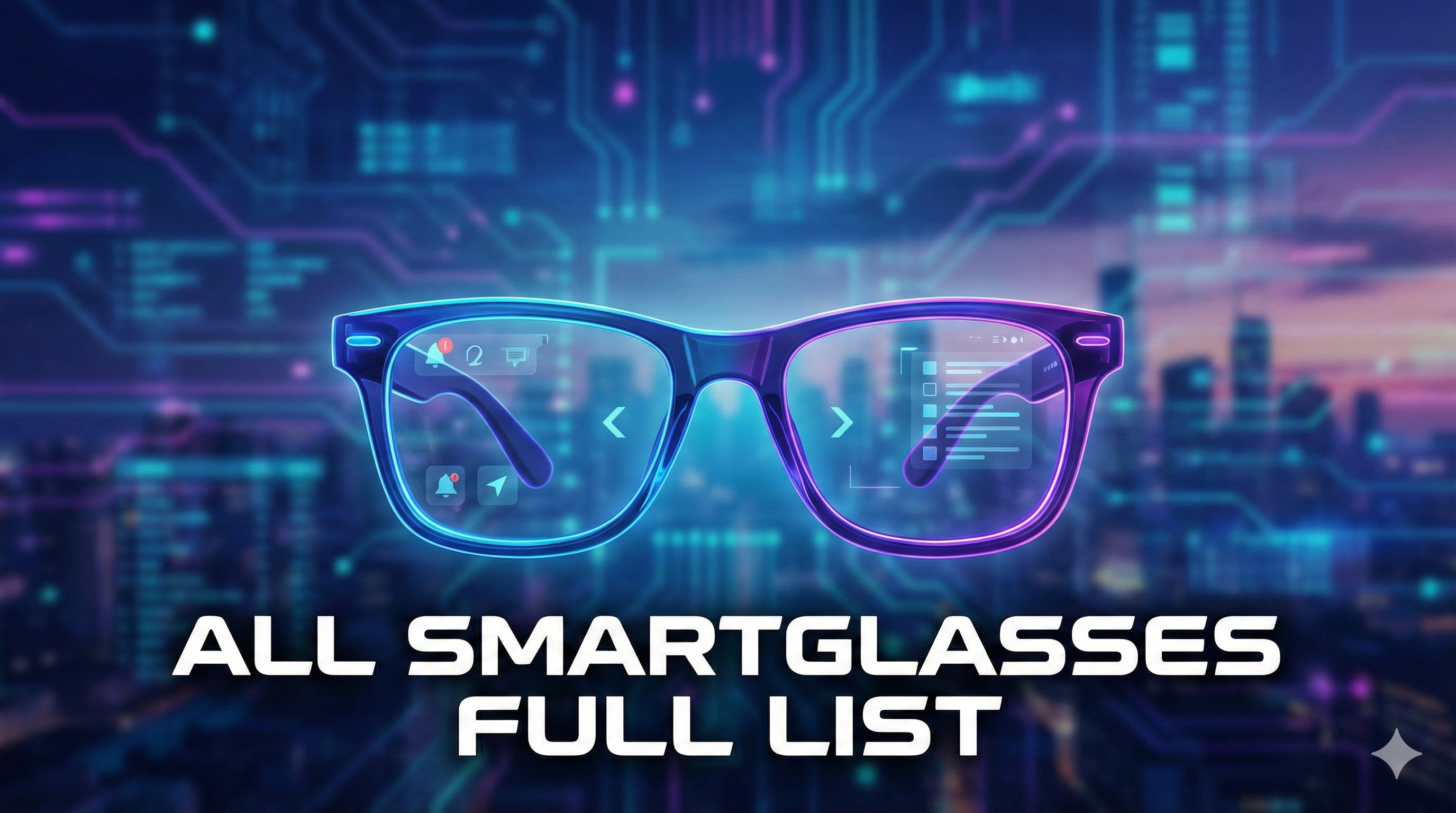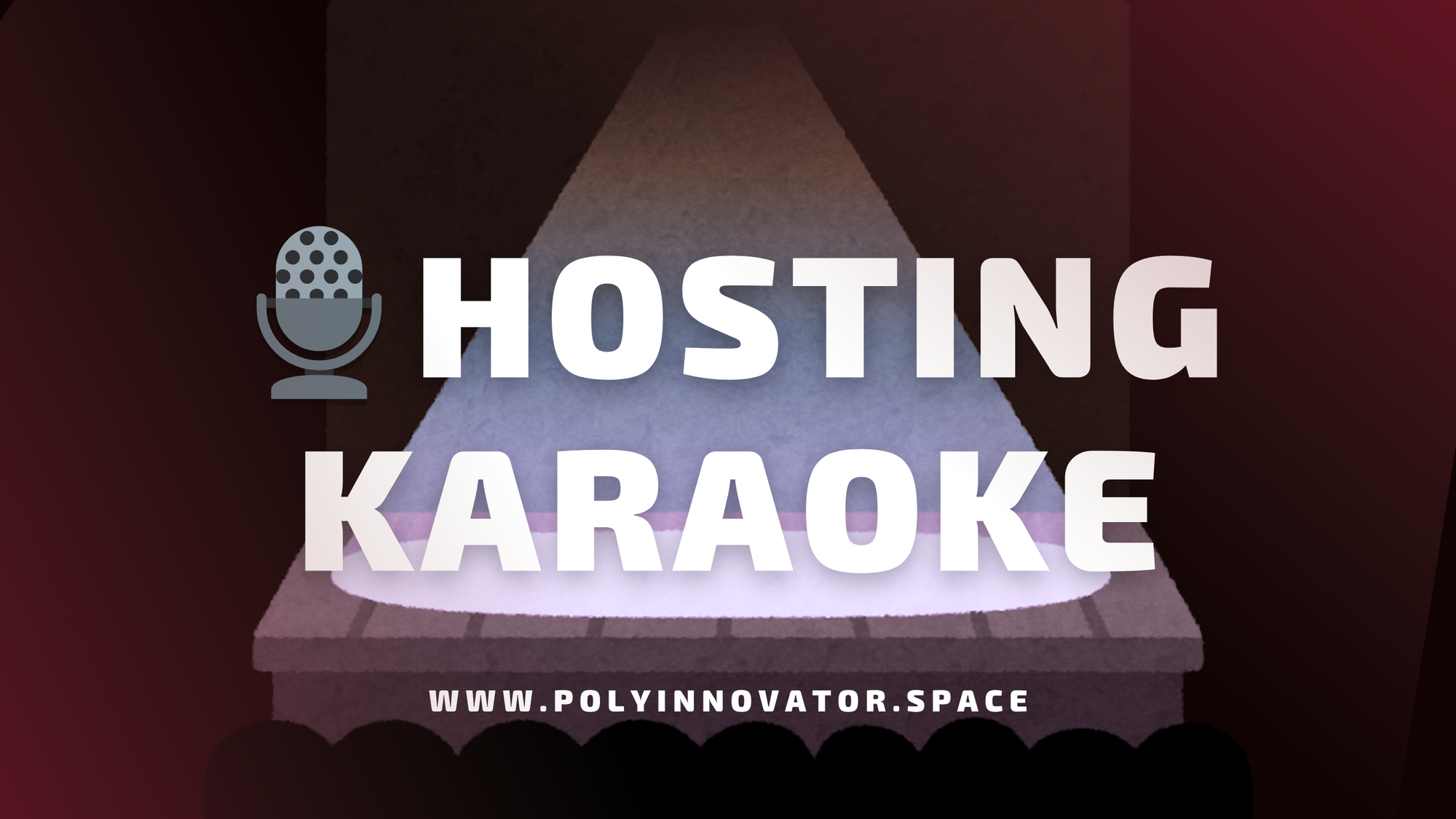Read the Category
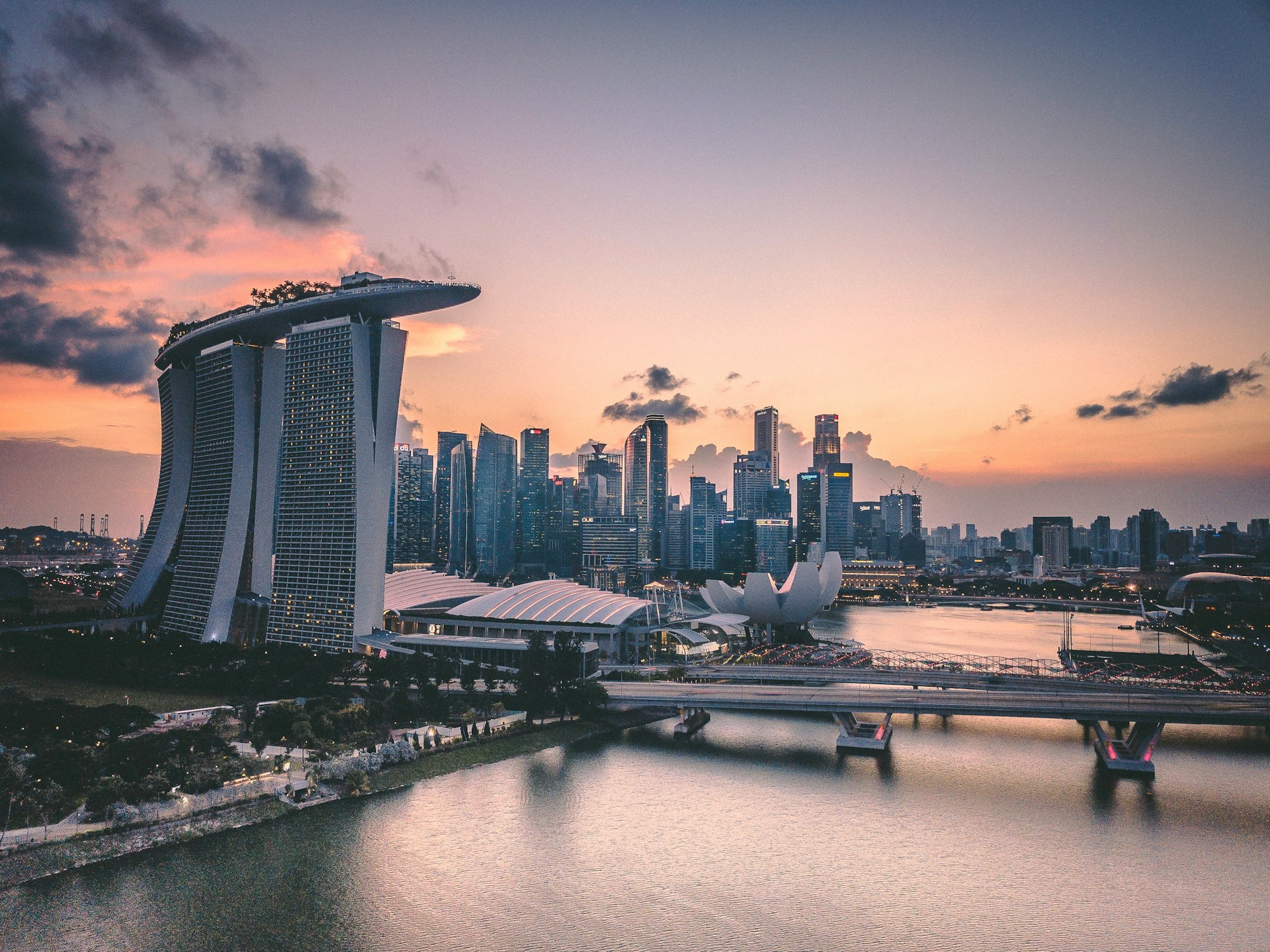
What are smart cities for?
The purpose of Smart cities outside of media
These advanced cities of the future are key to guiding the world to a new world order. We need sustainability, we need innovation, and most of all we need unity. The point of a “Smart City” is to create an interconnected ecosystem, and orientate those moving parts towards a common goal.
With the rise of the Internet of Things, 5G, Blockchain, ride (and home) sharing, and many more areas. There is this industrial revolution happening in technology.
Why the Smart Cities...
The future of the world is dependent on our global acceptance of smart cities as a whole.
No matter what people may think, there is a global shift happening right now. Technology is rapidly changing, and our people are not keeping up. Not only are the majority of the population behind on understanding changes in technology, many are actively against it.
The sad part is that the naivete of this is not needed, for with a little bit of education on various subjects in this space. There would be an enlightened understanding of WHY we need Smart Cities.
The motivational factor is the progression of the human species. It is more than anyone of us, you or I, or the person next to you.
To take a stand now, and get our planet to realize the importance of this endeavor, that is what this hero (pillar) content is aiming to do. To teach you, and who ever reads this, what a Smart City is and why is it important. There is so many changes happening right now, and many of them are exponential. If we do not act quickly, there won’t be a second chance.
Just a few examples of problems: Global warming, poverty, economic inequality, border division, famine, drought, and currently a pandemic.
The Power of the Internet
We can fix these problems right now, and we should while we still can. Many people believe it is too late for things like global warming, maybe it is, however we can at least try to mitigate the consequences. It is like skipping exercise all your life, and when you’re old your body is run down. Although it is never too late to start, it would have been better if we done it sooner.
Together we Thrive
The sheer level of inter-connectivity we have as a planet, of which is only going to get stronger. Truly the internet is basically a child, and has yet to really grow up yet and mature. With web 1.0 and web 2.0 the internet was akin to a baby and a toddler. Now we are surpassing those stages, social networks are maturing, marketers are finding their ground, creators are more common, etc. The internet is evolving, and with it so are we as a species. This is fantastic because it means we have room to grow, and more importantly a foundation to grow off of (the internet). To say the internet IS the World Wide Web is actually false, for it has surpassed the web. We use it in far more advanced ways, such as drone manipulation, remote work, and much more. It is more like a world wide network of webs and hubs!
This network is a interconnected system on an international (macro) scale, as well as local (micro) scale. Meaning the usefulness is uncharted, and with the rise of Internet of Things devices; There is an unprecedented level of complexity coming ahead of us, but at the same time it will connect the world unlike ever before. The time when your fridge is smart and connects to the internet, with tools like “Hey your milk is about to expire, would you like to order a new one?”. It is going to make our lives tremendously easier.
The point of all of this is to point out that we are headed in a technological revolution, and despite that we are still facing global crisis’s. Smart cities are meant to be a solution to that conundrum. What if we were able to change our actions, with real time data, and more importantly a city wide endeavor. The 2020 Quarantine is a prime example of what we can do together, and the outcome was that things started to get better for the environment. For example Venice’s canals started clearing up, animals started heading into cities, plants started growing more fruitfully, and more. The reverse impact we have on the environment happened because we stayed indoors TOGETHER. What happens when we leverage the power of technology and internet to try and reverse climate change? On a global scale…TOGETHER?
Big Data and Small Data
The previous section was talking about how leveraging the internet’s exponential growth to tackle climate change. How does that fit into Smart cities?
The name “Smart” cities simply comes from the idea of using countless IoT (internet of things) devices, and bridging them together into a city wide ecosystem. Allowing for things that usually are “dumb” such as street lights, trash cans, cross walks, even side walks to be smart.
When this level of interconnectivity is reached the data we pull from that will help us make changes to our daily, weekly, monthly, and yearly actions that could make a positive difference.
For example lets say a particular part of the town is producing an abnormal amount of trash, well that could be for a variety of reasons. Perhaps that neighborhood is more wasteful, and maybe they don’t even realize it. Perhaps they aren’t recycling so it all gets thrown away instead. Maybe there is just more people, so it is a denser region. Whatever the case the data shown on their trash cans, or collection services, would be able to tell us which neighborhoods need to improve.
Allowing for greater transparency and accountability. That is just one of countless examples.
The Social Norms
The reason why social networks were able to grow so fast in the years of 2005-2020, was because of the fact that they were able to leverage data. The user on any given platform consented without thinking, to the use of their private data. Allowing for these platforms to go unchecked until the mid-2010’s, which even then many people didn’t realize to what extent they got themselves into (myself included).
The power of that data was bigger than many people realized, and when you combine that with hungry marketers (who aren’t the bad guys), and businesses who want customers. It creates an actual beautiful circumstance.
Seriously! Let’s say you look up a particular product because you really want it, but you can’t afford it. Well then Google sends that data to Facebook that you looked at it, and a company who sells a product like you want sees that. Then they are able to target people like you (they don’t know that YOU personally exist, just the fact you looked for it), which allows them to send you PERSONALLY a deal on the product. Instead of just a broadcast to everyone in your area.
We allow our data to be used like that because it is the norm, and the convenience outweighs the audacity.
With the rise of Smart Cities our data is going to have more legal protection I believe, but the use cases are only going to grow like the example above.
Decentralization
Of course we cannot talk about Smart Cities without mentioning Blockchain. The technology behind cryptocurrency, and platforms like hive!Let’s dive into the idea: A blockchain is a series of block ledgers, which act like unhackable* stamps. Now that is an extremely simplified explanation, and I am not an expert, but you get the idea.
When these blocks get recorded they get sent to everyone on the blockchain (where the chain essentially comes from). It is like a train or chain of blocks that get sent out. Since they are decentralized, they get sent out to everyone at once, which allows for pure copies to each node. If someone tries to tamper with a block, it will not match the others on the blockchain, thereby being disregarded.
Many people see this technology and think oh how can that be useful, or it is just a fad, etc. However this couldn’t be further from the truth, and not only that but this tech will change how we operate our daily lives. The only analogy that can be made is akin to the internet in the late nineties, or perhaps the printing press.
The changes that Blockchain as a decentralized technology will make, will surpass everything that has come thus far. It will usher in a new age of the internet, and be the foundation of what Smart Cities can do. -Dustin Miller, PolyInnovator
How we can create them
Divergent Decentralized Social Platforms
Let’s first start with the social aspect because nothing can change unless the people themselves change first. We are the head start for the rest of humanity. This blog itself is ahead of it’s time, and you by default for being here are as well.
That may sound a little pompous, but it is true you are ahead of your time. This being said we must make sure our actions follow suit of this statement.
There are new platforms cropping up left and right, with the rise of easier and easier blockchain technologies to take advantage of. Just to name a few (not sure if they will be around in a decade or not): hive.blog, Sociall, D.tube, and much more. Many of these take the form of familiar social networks.
For example Gab and Mastodon are like decentralized Twitter. Although Twitter themselves have talked about becoming decentralized themselves. I fear they may be the only main social network that will though. The rest will become obsolete, even giants like YouTube.
As for other platforms, there are of course alternatives too: D.tube is built upon the Hive blockchain, and are fundamentally linked. D.tube is a contender for an alternative to YouTube, which could be a big change for the internet video consumption. P.S. this is why I have started putting all my TeleInnovator Videos on there as well.
Now what does this have to do with Smart Cities? Firstly, the social aspect behind our actions is what drives us to make them. We are a social species, and if our networks are going to change dramatically, there must be an understanding of them. I also believe that these platforms are going to be the key to how our Smart Cities are going to talk to each other. Not only on the city to city scale, but person to person IN the Smart City.
The Return of the Power to the User
Earlier in this pillar content post, I mentioned that Big Data is going to be a deciding factor in our lives. How current social networks use and manipulate our data. Now I personally believe that our privacy is important, but not as much as most people. Convenience does overpower privacy.
However despite that we do need a change in how our system works, and how it is being used. Currently very little “good” causes are using our data, such as M.I.T. research or climate change scientists, etc. They have to go through many hurdles, but social networks just go and sell our data to businesses. Sure they could buy it, but why?
There is only going to be more changes like GDPR, and others like it. More and more we will regain control over our data, and we will be able to choose where it is used. Perhaps it would almost act like a digital currency (maybe a cryptocurrency will be made from it, if you are planning on doing that then contact me!). The user will decide how and when their data will be used.
This is the premise behind why decentralized platforms are being created. People got tired of the tyrannical aspects behind sites like YouTube or Facebook. The former especially with events like the “adpocalypse”, or the fervid scale of copyright strikes.
These decentralized platforms act more democratically, instead of having a central authority. Which at first has been an issue with content being stolen from Youtube, and posted on D.tube for example. However since it gives the power to the users, we just simply need to step in and vote. If enough people say hey this is stolen that isn’t right, and downvote (or whatever term a platform uses) this piece of content or user; Then that content/person gets taken down.
That power over data, content, and networks will be the social foundation to Smart Cities.
Decentralized Cities
For all of civilized time cities have been run by governmental officials. Whether it has been mayors, kings, or lords, or someone of the sort. I do think that it will continue to be that way, but it will change in the power structure. Citizens will have more rights than ever, just less privacy, so the balance would be something to keep an eye on.
With the advent of digital electric systems in the home, combined with solar panels, so that the home owner could sell electricity TO the city.
The changes with Big Data as was mentioned earlier, and the combined analytics from that.
As well as just the digitization of many archaic ways of doing things. i.e. voting.
Tiny Changes
Just like with habits forming in your own personal lives, there is a key to success: compound interest. If you progress in some form 1% everyday, then over time your progression will start to show more and more. This concept is nothing new, but is hard to apply to those who aren’t inclined. The same premise can be applied to the city scale. Small changes such as lights, then traffic signals, then sidewalks, streets, then whole buildings. Soon you will have a completely revamped area.
There are two approaches we can take for the development of Smart Cities:
Start From Scratch
For the wide applicability of various technologies, and making sure everything is implemented correctly (let alone at all). Starting from scratch is an ideal premise.
However it can be hard to achieve financially, for even a company Google is having a hard time in their endeavor. In legal costs specifically, let alone the actual construction.
Depsite that hurdle the prospect of being able to make everything to the ideal form, such as architecture and city layout. Makes a profound difference in quality of the end product.
Revamp Old Cities
Now the more likely option for people…errr nations, is taking their old city and remaking it. Despite the cost effectiveness, it may not actually save much.
There are lot of cities with a deep attachment to their old buildings and neighborhoods, even if it doesn’t truly matter in the long run. “Historic” as they like to call them, but it hinders the progress. Sometimes in drastic ways. This is just one example too, there could be bylaws, maybe stuck in their ways officials, etc.
Taking something and turning it into something new could also be hard simply from a construction standpoint, as there isn’t much in the way assurance that the buildings will stay true in the long run.
Regardless if we pick one or the other, or somehow both, there is pros and cons to them. The focus should be change, and trying to accept change as much as possible. So that we can get to the point of a Smart City as soon as possible. Truly things can have a much higher chance of happening and innovating if we are in such an environment.
Global Network
Since everything is connected the idea behind a global network starts to sound more appealing. Now you could say the internet is already doing that, sure, but what is the point other than sharing articles and videos? There is no real true change that happens very often, but with data collected from the cities. It can be shared with other cities facing a similar problem, which could expedite the innovation for that second city.
This could happen over and over again with a proper system put into place. Such as a global operating system like ctOS from Watch Dogs. Sure the implementation in that video game is that of a shady organization, but if we were to create a company or entity that is of a decentralized origin it could be much safer.
What is PolyInnovator's Part?
The Polymath of Innovation
This is actually the purpose of PolyInnovator. Yes the first phase is about Self-Education, for I thought it would be prudent to help others teach themselves. Teaching people new ways of doing things is the fundamental building block behind building a Smart City.
Secondly, I needed the education myself in order to work in Smart City development. There wasn’t any degrees made for Smart Cities at the time, and even now there really only is Zigurat.
Other degrees of it’s ilk are simply sub-degrees, or specialized majors. Not concrete and purely Smart City information only. The PolyInnovator mindset is about being skilled in multiple areas of innovation. Which in turn go into that same curriculum. Being made for all those divergent, yet similar areas of knowledge.
Smart City Certification
I am constantly learning, and adapting to the times personally. I want to share that skill with others through the Modular Degree Framework. Since we are still in the early stages any course in your Mod Degree is probably going to be on a different platform. The only course I require people to take before working on their own Mod Degree is the Self-Education Mini Course. This is because I felt the need for people to understand Self-EduDevMent/The PolyInnovation System more thoroughly.
This tides into other courses I plan on creating. One of which is based around Smart Cities, since other institutions and schools are not making one for people to take; Then I might as well make one, which would act like a base certification for people to have. Since I love to learn about them I constantly strive to learn more. The more I learn, then the more I can put into the certification to make it truly special.
Stay tuned for the cert!
Hub of Innovation
PolyInnovator isn’t my first endeavor to try and work in the fields of innovation and change management. I created a brand called the United Living Construct, which was meant to be a hub of innovation. I will probably bring it back in the future, but for now this site will take it’s place. Being a Polymath of Innovation would act like a leader in the innovation space.
In the future I hope to not only create an actual platform, both online and offline. Bringing together people of all skills and varieties, allowing for true innovation to prosper. This will be a cornerstone of any Smart City.
Why Every Person is Important
Cities themselves are made up of the people. That is why when you go to an abandoned city, there is this eerie feeling because it lacks a populace. A Smart City is no different in that regard, it doesn’t matter how great the place is if there isn’t anybody there. China has faced this issue by creating fantastic futuristic cities, but not enough people want to move there.
When you find yourself yearning for a change, or needing a new life; Then I suggest moving to a Smart City, for they are only going to become ever more common. Not to mention there is always a need for more people, and who knows maybe you will become a critical citizen in that city.
What Can YOU Specifically Do?
If you are an engineer, entrepreneur, creative thinker, or simply someone with hard skills I’m sure they will translate well over in a Smart City. Perhaps you may need to learn more about IoT devices, or some other skill. Alas even if you don’t have any hard skills like that, there is always time to learn something new. That is one of the main reasons the Modular Degree exists to help you do so, and perhaps would be the stepping stone towards you moving.
You can specifically look up which cities are becoming more and more smart, such as Barcelona, Singapore, etc. Find a job there and move, and that would probably be a big step. If you want something smaller try working remotely for a business in those cities.
The First Steps
All it takes is the first step forward in that direction. Not only in your own personal life, or mine even, but as a people. From the smallest neighborhoods, to the countries that make them. Each of us at every level need to work together towards that progress.
Learn more about smart cities!

Smart City Starter Guide
First and foremost let’s get this out of the way. Smart cities are not meant to be a utopian society (although they have the potential to eventually be), and no they are not some wishy washy pipe dream. They are a real endeavor in various aspects across the globe, and are going to change how cities are truly created.
In the past we simply just made cities by coming together, planning for the most part came after the fact. Now that our global population has increased, and our knowledge about economic development has increased, we can then create a much more optimized living situation.
This means that with proper dedication to each citizen’s wellbeing, and with unique new age technologies we can develop a highly connected city. That is all that entails what a smart city IS, and here is what it can BE.
The possibilities are endless when it comes to incorporating technology into things we normally don’t think about. Consider a smart fridge being able to tell you the milk has expired, then an automated drone from Amazon or a local retailer could bring you more. Conversely maybe you want to get it yourself, but in the new age there will be no need for OWNing transportation. The ride-share car network will instantly bring a vehicle to you, and self-drive all the way there.
Perhaps you’re more of a bike person, then the bikes for rent on the sidewalk of each block, is ready to go for you right then and there. Using blockchain communication technologies the cars and vehicles will connect to each other, and send data to each other. Allowing for the level of importance of someone’s ride to be compared to others, allowing for more important pathways to open. I.e. an ambulance needs to get to a patience asap, and you can move out the way automatically. Saving precious time to save someone’s life.
Perhaps down the line the city you’re in will develop into a more smart format, and you want to be ahead of the curve. Understanding the intricacies of its development, and how to gain an advantage over your political running mate. Perhaps you are an engineer who wants to serve the greater human kind, by creating the best city ever!
![Official Website for Dustin Miller PolyInnovator [LLC]](https://polyinnovator.space/content/images/2025/03/polyinnovator-logo-2024.png)

